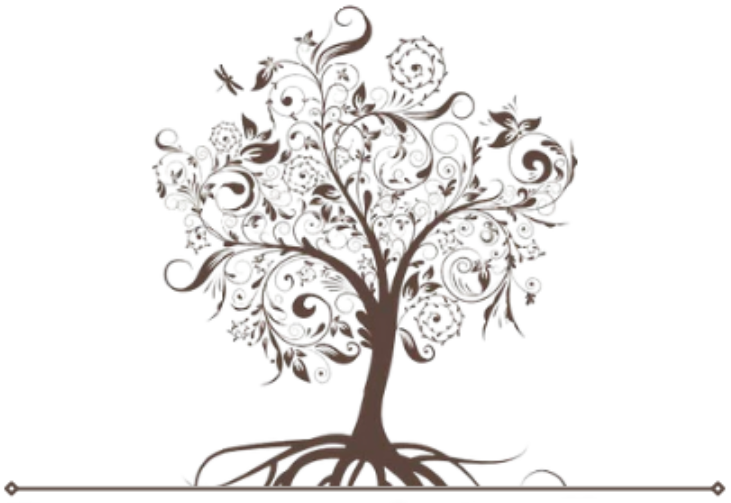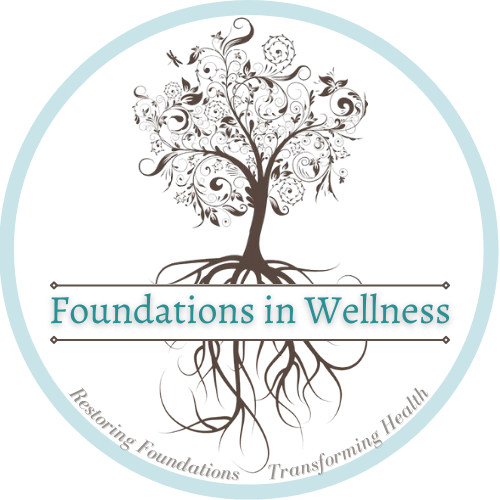
In today’s whirlwind lifestyle, a blissful night’s sleep is almost a myth for countless women, turning ‘sleep quality’ into a buzzword that’s hard to embody. But here’s the wake-up call: Ignoring the critical dance between sleep and our hormones is silently sabotaging women’s health, energy levels, and overall vitality. This deep dive unravels the hidden consequences of sleep deprivation on hormonal harmony and unveils expert-backed secrets to mastering the art of restorative sleep. Ready to transform your nights and reclaim your energy? Step into a world where sleep is your most powerful ally in achieving unparalleled hormonal balance and vitality. Let’s unlock the door to a life where every morning is a testament to the rejuvenating power of sleep.
The Importance of Sleep for Women’s Health

Imagine hitting the snooze button and waking up feeling like a superhero. For many women, that’s a distant dream, thanks to the underestimated power of sleep. Beyond just erasing under-eye circles, sleep acts as a master regulator of our hormonal orchestra, fine-tuning everything from our mood to our metabolism. But it’s not just about quantity; the quality of sleep plays a pivotal role in cognitive function, emotional resilience, and even weight management. Delving into the science, we’ll see how sleep is the unsung hero of women’s health, orchestrating the balance that keeps us feeling, looking, and performing at our best. So, let’s explore why turning those Zs into a priority is a game-changer for women’s health.
How Lack of Sleep Affects Women’s Hormones

Ever noticed how one night of poor sleep can turn the next day into an emotional rollercoaster? It’s not just you. Science reveals that sleep deprivation can throw our hormonal balance into chaos, affecting everything from our stress levels to our fertility. Cortisol, the stress hormone, spikes, while the production of rejuvenating hormones like estrogen and progesterone takes a backseat. This hormonal tug-of-war doesn’t just leave us feeling out of sorts; it can have tangible effects on our health, from irregular menstrual cycles to challenges in conceiving. Through the lens of real-life stories, we’ll explore the profound impact that sleep (or the lack thereof) has on the intricate web of women’s hormones.
Consequences of Hormonal Imbalance Due to Poor Sleep
From the boardroom to the bedroom, the ripple effects of hormonal imbalance due to sleep loss can be profound. Imagine trying to conquer your day when your body is playing a symphony of hormonal havoc. This isn’t about occasional irritability; we’re talking about significant shifts that can affect your physical and mental health. Weight gain, for instance, becomes more likely as your body craves energy from unhealthy sources to combat fatigue. Mood swings and anxiety can strain relationships and professional performance. And over time, the chronic stress on your body can pave the way for more serious health issues, such as heart disease and diabetes. By connecting the dots between sleep, hormones, and health, we’ll uncover why rest isn’t just a luxury—it’s a necessity.
Practical Tips for Improving Sleep and Hormonal Health
Transforming your sleep doesn’t require magic—just some tweaks to your nightly routine. It starts with understanding that your bedroom should be a sanctuary, optimized for sleep. From the temperature to the lighting, every detail matters. But it’s not just about the environment; it’s about preparing your mind and body for rest. We’ll dive into the benefits of a wind-down routine that might include meditation, journaling, or a warm bath. Diet and exercise play crucial roles too; a light, nutritious dinner and regular physical activity can significantly improve sleep quality. And for those nights when sleep seems elusive, we’ll share expert strategies to quiet a racing mind and ease into restful slumber. These practical, actionable tips are not just about improving sleep; they’re about enhancing your overall quality of life.
Enhancing Sleep Naturally
As we navigate the journey towards better sleep, it’s clear that our nightly routines and daily habits play a significant role. But what if we could give our bodies a gentle nudge towards relaxation and restfulness? Enter the world of natural supplements and herbal remedies—nature’s gift to our sleep cycles. These are not just old wives’ tales; they’re backed by science and have been used for centuries to promote relaxation, reduce stress, and support healthier sleep patterns.
Magnesium: The Relaxation Mineral
Magnesium truly earns its nickname as the ‘relaxation mineral’. This powerhouse nutrient plays a crucial role in over 300 enzymatic reactions in the body, including those that regulate sleep. Studies suggest that magnesium can enhance sleep quality by activating the parasympathetic nervous system, the system responsible for promoting calm and relaxation. Whether through a supplement or magnesium-rich foods like almonds, spinach, and bananas, incorporating this mineral into your evening routine can be a game-changer for your sleep.
Adaptogens: Nature’s Stress Managers
In our quest for restful nights, managing stress is non-negotiable. That’s where adaptogens come in—natural herbs known for their ability to help the body adapt to stress and exert a normalizing effect upon bodily processes. Ashwagandha, with its stress-reducing properties, and reishi mushroom, often called the ‘mushroom of immortality’, can be powerful allies. These herbs work subtly over time to balance the body’s stress response, making it easier to wind down at night.
Herbal Teas: Liquid Tranquility
There’s something inherently soothing about a warm cup of tea, especially when it’s brewed with herbs known for their sleep-promoting properties. Chamomile, often referred to as ‘sleep tea’, contains apigenin, an antioxidant that binds to certain receptors in the brain to reduce insomnia and promote sleepiness. Valerian root, another hero of herbal sleep aids, has been used for centuries to combat insomnia and improve sleep quality. Integrating a nightly cup of herbal tea into your bedtime routine can signal to your body that it’s time to slow down and prepare for sleep.
Incorporating these natural supplements and remedies into your sleep routine can offer a gentle, effective way to enhance sleep quality and duration.
Conclusion
Embarking on a journey to better sleep is more than just a quest for silent nights; it’s about reclaiming your energy, balancing your hormones, and enhancing your life. The insights and strategies shared here are more than theoretical—they’re a blueprint for transformation. Armed with this knowledge, you’re now equipped to embrace the transformative power of sleep. Remember, every good night’s sleep is a step toward a healthier, happier you. As we draw closer to the culmination of our journey towards our sleep-enhancing journey, it’s clear that the path to better sleep is multifaceted, blending lifestyle changes, dietary adjustments, and the thoughtful use of natural aids. Embracing these strategies can lead you to the restful nights and energized mornings you’ve been dreaming of.


